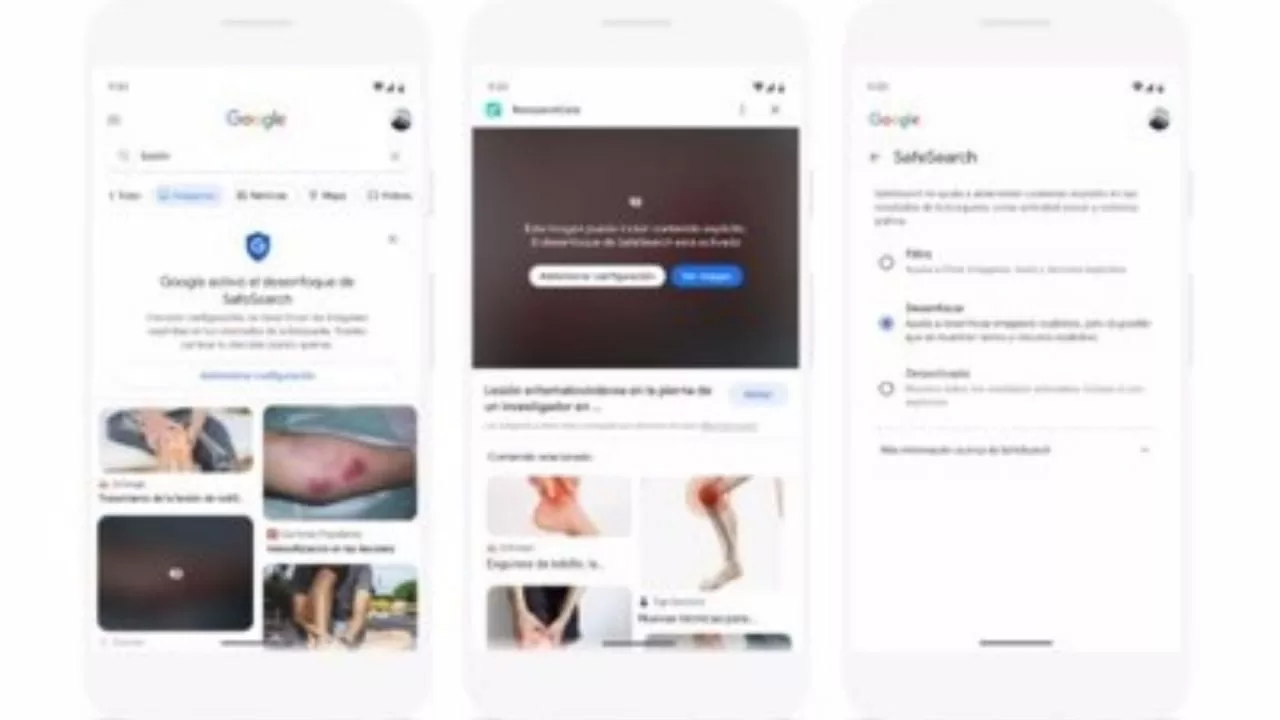The platform is the only social network to allow pornographic content. All without age verification of Internet users, contrary to what the law requires.
The government is stepping up its rules to protect minors online. On May 10, a bill aimed at “securing” the internet will be presented to the Council of Ministers. Among the main developments is the possibility for Arcom (ex-CSA) to block access to any site distributing pornographic content without verifying the age of Internet users. And this, without the intervention of a judge, as is currently the case. A way of enforcing French law, which already requires age verification in the event of the dissemination of pornographic content.
In practice, such blocking would be put in place by internet service providers, which would then make it impossible to connect to the targeted sites from French territory. Search engine delisting could also be applied.
No age verification on Twitter
If the giants of online porn are regularly singled out, another platform well known to the general public could be threatened: Twitter. Indeed, unlike its competitors such as YouTube, Facebook or Instagram, Twitter allows the dissemination of pornographic content. Problem: no age verification is performed by the company to prevent minors from being confronted with such content.
During a press conference, the digital ministry clarified to Tech & Co that no hypothesis is excluded concerning the social network, now owned and directed by Elon Musk. “Arcom may have to block Twitter” thus confirms the ministry, adding however that it is hopeful that the company will finally agree to comply with French law. A blockage already claimed by child protection associations.
Nevertheless, Twitter is likely to face the same problems as sites specializing in adult content, starting with the current lack of effective and privacy-friendly means of verifying the age of Internet users. In June 2021, the Cnil immediately ruled out the transmission of an identity document, citing excessive risks concerning privacy.
“Such data collection would indeed present significant risks for the persons concerned since their sexual orientation – real or supposed – could be deduced from the content viewed and directly linked to their identity” recalled the Commission. in his opinion.
Among the hypotheses mentioned, a certificate of majority provided by a trusted third party who already has an identity document, such as his bank or his insurance, in an anonymized format. Tests in this direction were carried out in March, reminds the ministry to Tech & Co, without however communicating on the results of the latter.


